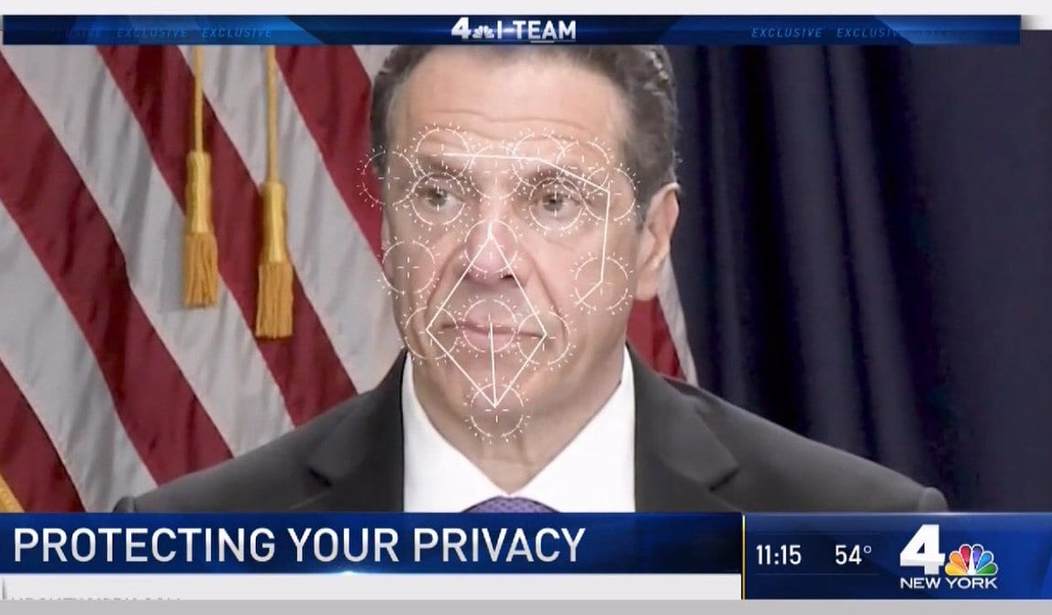For transparency’s sake I want to start by saying that this article was difficult for me to write. It involved a lot of research and thinking about why the Torah bans tattoos; something that I have always wanted as I am in love with the concept of self-expression, but have never gotten for this reason. I want to convey that I understand why tattoos are appealing, and despite the language and metaphors that I may use, that I do not mean any disrespect, judgment, or condescension to anyone with tattoos.
To understand this, like anything else, we have to go back to the source and work our way to the modern era from there. The prohibition is stated in the Torah in Vayikra (Leviticus), Chapter 19, Verse 28. It states: “You shall not make cuts in your flesh for a person [referring to someone who had already died]. You shall not etch [engrave, according to some commentaries] a tattoo on yourselves. I am the Lord.”
Discussing the need for the Oral Torah is a topic for another article, so for the time being I am writing under the presumption that the Oral Torah is accepted because it’s what the orthodox community believes — and that is the perspective I am writing from. Makkot 3:6 and the Gemara Makkot 21a/Yerushalmi states this prohibition refers to someone who specifically makes a hole or incision in the skin and then fills it with ink, causing a permanent mark. Rashi says that the needle can inject the ink as it is inserted and it is still violating this prohibition.
That being said, it is important to note that there is no biblical obligation to have a tattoo removed. It’s getting one that is forbidden, and teshuva (repentance) does not require the tattoo being removed or hidden.
Admittedly this falls under the chukim category, meaning it’s a commandment that we do not have a explanation for other than the ones that the Rabbis have thought of. It does not specify God’s intent in the Torah itself. And a lot of people think that since times have changed (for instance: tattoos used to be a mark to represent a commitment or bond to deities, similar to a brand on cattle, and since we no longer have that rationale) it should be okay to tattoo ourselves now.
Fortunately, morality is not fluid. An example to show this is that there have been societies in which murder was okay, but the Torah never adjusted to those times. The words of the Torah are unchanged throughout time, as it says in Devarim (Deuteronomy) 4:2: “You shall not add anything to what I command or take anything away from it, but keep the commandments of the Lord your God that I enjoin upon you.”
The Torah also says that we must take care of our bodies, and creating cuts and punctures (even for artistic purposes) is not allowed unless it’s for a medical reason. We are allowed to go through procedures that cause scars and markings because they are what allow us to continue to take care of ourselves long-term, and we are given the obligation to do whatever it takes to save a life.
In my research, a common motivator for people to get tattoos, especially of religious symbols, is actually quite beautiful and has no negative intent. It’s trying to turn something seemingly not relatable and not physical into something tangible and public. At that point it’s simply something prideful. This next point may seem harsh, so I want to re-emphasize that this is not to judge or criticize individuals. There is a difference between being spiritual and being religious; they are often contradictory. It’s great to have thoughts and actions with the specific intent to connect to God, but that does not give the individual a pass to forgo the Torah and its commandments. The irony here is that by doing so the person is actually distancing himself from God in a technical sense by directly going against its prohibition.
A few other reasons for the prohibition include it being considered a mutilation to God’s perfect creation (the body) and man’s part in perfecting the body is the circumcision (for boys). By getting tattoos we are undermining the one permanent change that we are meant to have by unnecessarily adding to it. Our bodies are taught to not be our own; meaning that God lent us our bodies in order to complete a task that was assigned to our neshamas (souls), so to make a mark on it is the equivalent of vandalism. And finally, getting tattoos implies that we are not born unique.
Additionally, I feel it’s important to address the misconception that people with tattoos cannot be buried in a Jewish cemetery. This is not true.
It’s possible that this false idea was derived from the Gemara (Sanhedrin 47a/Rashi/Shulchan Aruch/Yorah Deah 362:5) that Jewish cemeteries should be divided into categories in terms of holiness. It says that a righteous man should not be buried next to an evil person. However if we took that to an extreme and said that people who ignore certain commandments — or even make mistakes — don’t deserve to be buried in a cemetery at all, then every burial place would be nearly empty. None of us are perfect and we are all growing in terms of spirituality and observance.
It is possible that the misconception was initially spread by pop culture. For example, the sitcom The Nanny made the reference to the false idea, as have others.
In fact, the obligation to be buried in a Jewish cemetery is so significant that even one who commits suicide (someone who cannot do teshuva, repentance) is still given a plot.
Again, if someone already has a tattoo he or she has no requirement to have it removed. The prohibition is to not get one, but once it is done there is nothing to alter. And that doesn’t affect anything else in terms of Torah fulfillment. And please remember the prohibition regarding judging another person: To know that permanent markings are not allowed and to feel resentment towards someone who has had those alterations is a sin itself.









Join the conversation as a VIP Member